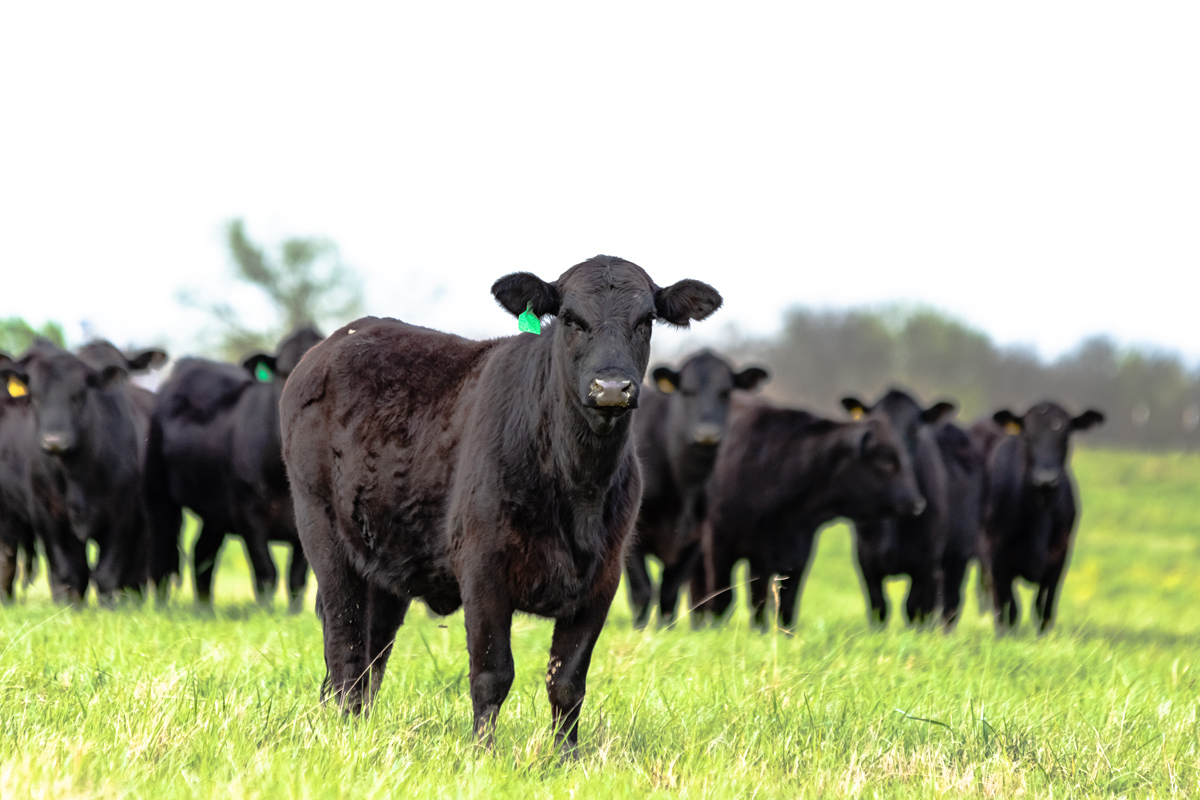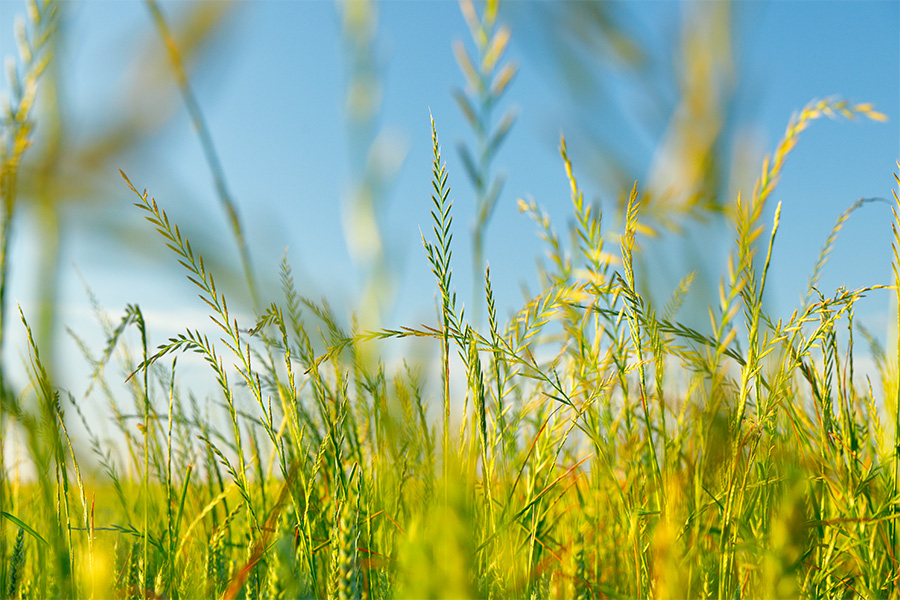Crop and Soil Sciences
-

Georgia ranks in the nation’s top 10 in cowpea (southern pea, Vigna unguiculata) production, with estimates of more than 4,900 acres grown in approximately 49 of 159 counties in the state in the 2014 production season. Colquitt County, located in southwest Georgia, leads the state in production with 1,900 acres. This cowpea crop profile is the first in the Southeast United States and will support cowpea growers, pest manager, and state research and Extension grant proposal applications.
Ronald D. Gitaitis, Timothy Lane Grey, David G Riley, Esendugue Greg Fonsah, Alton N Sparks, Timothy Coolong, Jason Schmidt, Bhabesh Dutta, and Michael D Toews
|
-

Cover crops are in essential part of an organic production system. Cereal rye and crimson clover are cover crops that are commonly used. If organic cover crop production is a viable enterprise for growers, it could improve the availability of varieties adapted to the Southeast; provide a source for locally grown seeds; and be another profit center for growers, seed cleaners, and local seed companies.
This bulletin discusses what farmers need to know about producing cover crops organically and gives example enterprise budgets for cereal rye and crimson clover. A two-year on-farm trial indicated that producing organic cover crop seed may be profitable.
Julia W. Gaskin, Amanda R Smith, and Ray Hicks
|
-

This publication contains a financial analysis of alternatives to methyl bromide and mulch for bell pepper in Georgia. This research is aimed at seeking the best fumigant substitute for methyl bromide (MB) along with the perfect mulch complement that effectively enhances production yield and profitability potential. The main goal of this report is to make the alternatives accessible to farmers
through different planning budgets they could use in decision making.Stanley Culpepper, Cesar L. Escalante, Esendugue Greg Fonsah, and Clarisse Ferrer
|
-

B 1377
UGA Feed Cost Analyzer
The UGA Feed Cost Analyzer is a spreadsheet-based decision aid to compare potential feedstuffs on a price per pound of crude protein and energy (total digestible nutrients; TDN). This program consists of a feed library prepopulated with some common feedstuffs, a least cost feedstuff analyzer, and a feedstuffs replacement calculator. Each page contains step by step directions on how to use this decision aid.
R. Curt Lacy, Dennis Hancock, and Lawton Stewart
|
-

With recent droughts and increased emphasis on water conservation, rainwater harvesting (RWH) has become an important alternative source for outdoor irrigation. RWH is the collection of runoff from roofs during a rainfall event. The water is conveyed through a gutter
system, filtered and stored in a tank for later use. In Georgia, non-potable harvested rainwater can be an alternative water supply for uses such as washing vehicles, landscape irrigation, livestock and wildlife watering, cooling towers and toilet flushing.Frank P. Henning, Gary L. Hawkins, Ellen M. Bauske, and Sheryl Wells
|
-

Cutting costs allows producers to survive during trying times and also teaches valuable lessons that may actually increase profits in future years. Cutting corners, on the other hand, may save some money in the short-run but ultimately will have very detrimental effects.
Lawton Stewart, R. Curt Lacy, Dennis Hancock, Ronald E. Silcox, and Glendon H. Harris
|
-

Recently, switchgrass has attracted attention as a potential bioenergy crop. High yields of biomass with relatively few inputs make switchgrass a favorable choice for bioenergy production. In contrast, the use of switchgrass in pastures and hayfields in Georgia is limited because other introduced species (e.g., bermudagrass, bahiagrass, tall fescue, etc.) are more easily managed for high yields and forage quality. This publication provides basic information about switchgrass and its use as a bioenergy crop, forage crop, and wildlife habitat.
Dennis Hancock
|
-

This is an in-depth publication covering Culture and Varieties,
Soils and Fertility, Irrigation, Sprayers, Diseases, Insect Management, Weed Control, Food Safety and Sanitation, Harvest/Post-Harvest and Waste Management, Marketing, Production Costs, and Organic Production of commercial snap bean production in Georgia.David B. Langston, Kerry A. Harrison, Paul E. Sumner, George E. Boyhan, Stanley Culpepper, Esendugue Greg Fonsah, Gary L. Hawkins, Alton N Sparks, Changying Li, Daniel D MacLean, and William C. Hurst
|
-

The geographic and environmental diversity of Georgia allows for the extensive use of both cool and warm season grass species. In general, cool season grass species provide higher nutritional quality than warm season grasses. In contrast, warm season grasses generally yield more than cool season grasses. Each type and species, however, offers its own unique qualities and benefits to the forage system. In this section, the most important grass species in Georgia are introduced and discussed.
Dennis Hancock, Jeremy Kichler, Ray Hicks, and Bobby Smith
|